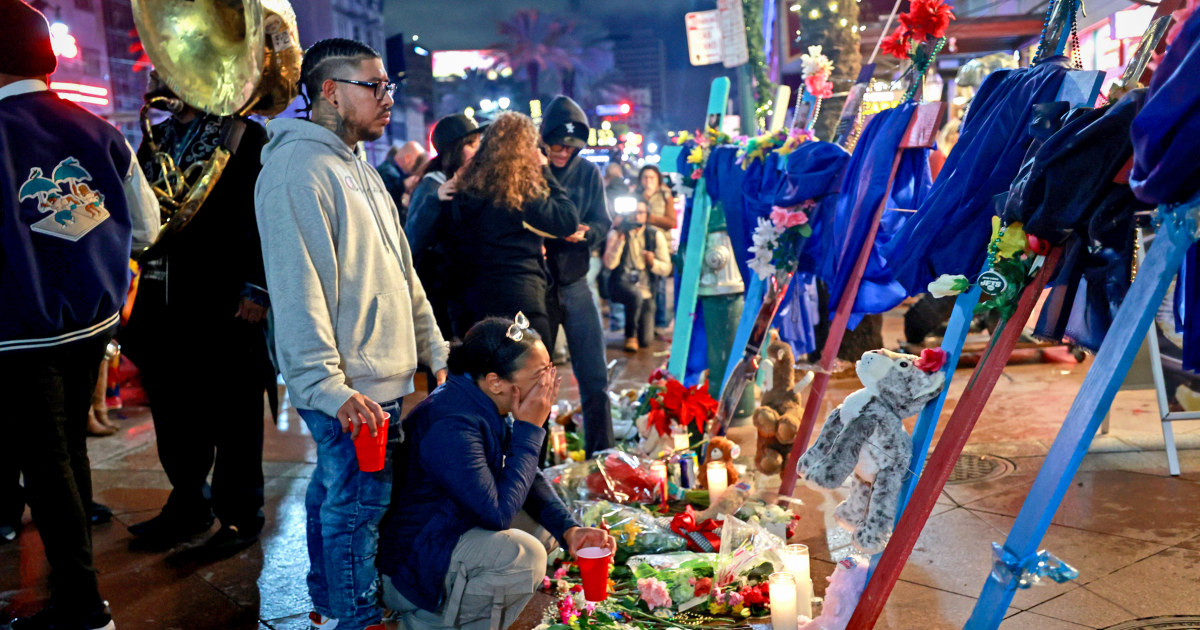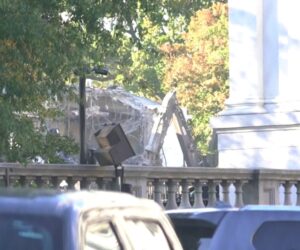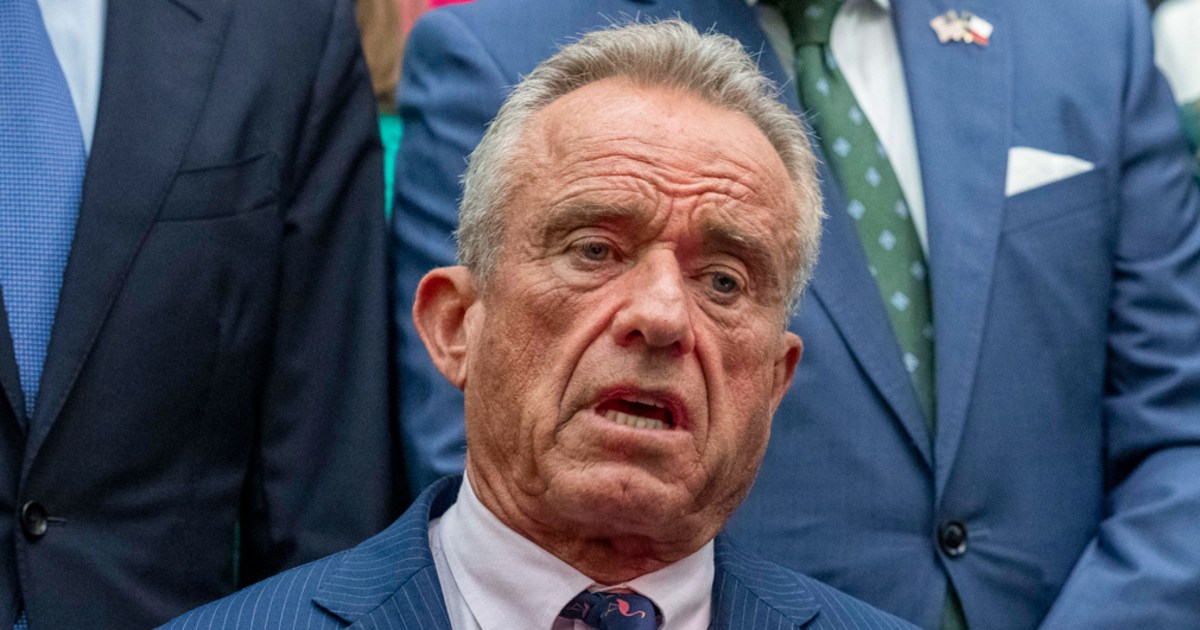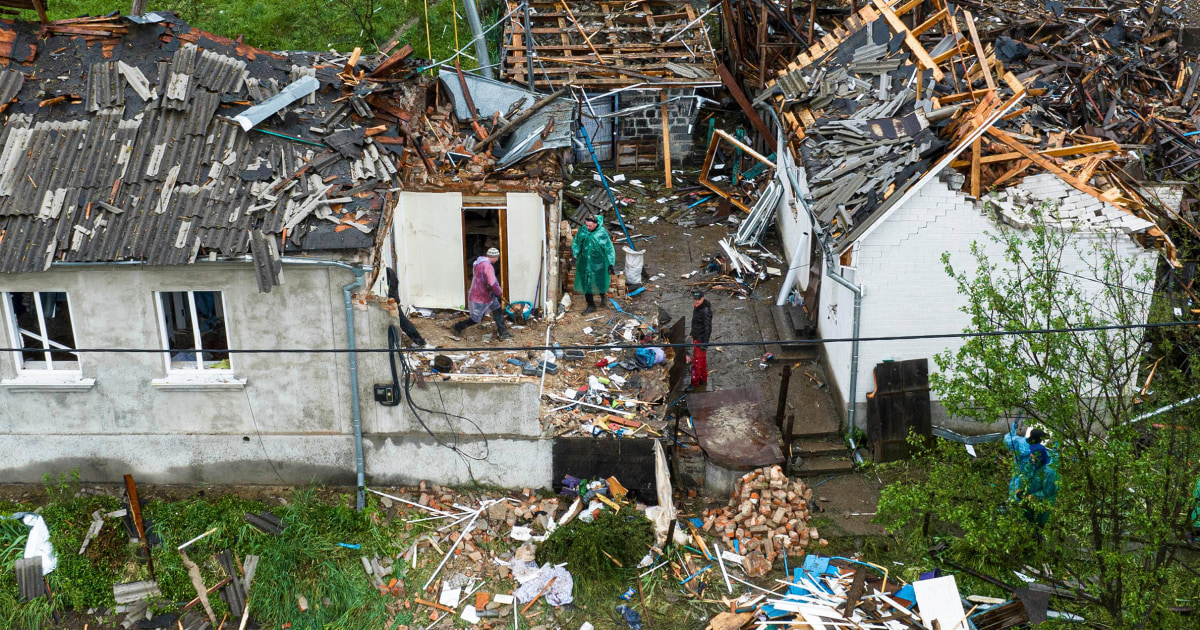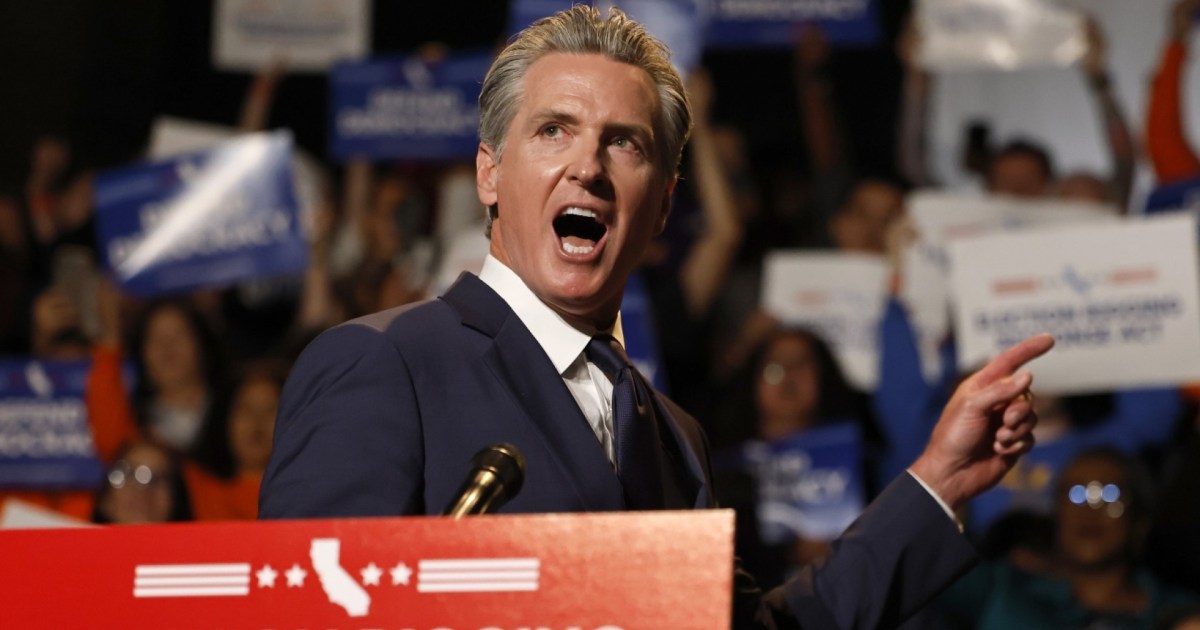The Trump administration is planning to eliminate a Department of Homeland Security terrorism prevention program that former government officials and experts say has helped thwart attacks in the United States. The DHS budget submitted to Congress last month cancels the $18 million terrorism prevention grant program, saying it “does not align with DHS priorities.”
“That line should be quoted after every future mass casualty event in this country,” said a current senior DHS official who declined to be named, citing fear of being fired.
Former DHS officials say they believe the modest program, which costs about 4% of the military’s marching band budget, has stopped violent attacks. It is designed to prevent a type of terrorism that has become increasingly common: lone-wolf attacks by individuals who are not members of an organized group.
Examples include the recent firebomb attack in Boulder, Colorado, on demonstrators marching in support of Israeli hostages; the murder of a young couple outside the Capitol Jewish Museum; the killing of 14 people in a New Year’s attack in New Orleans; and the shooting of a United Health Care executive in Manhattan.
“When people say, ‘You can’t prove prevention doesn’t work,’ I ask them, ‘Do you go to the doctor? Do you have a smoke detector in your home?’ Then you believe in prevention,” said Bill Braniff, a Biden administration appointee who oversaw the program as the director of DHS’s Center for Prevention Partnerships and Programs.
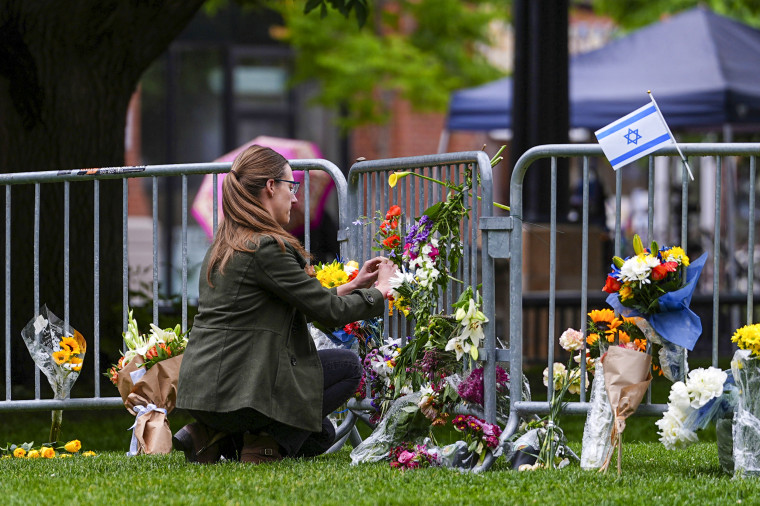
John Cohen, a former senior DHS counterterrorism official in the Obama and Biden administrations, said the threat is growing. “Why was DHS created? To help the nation be better prepared to stop terrorist attacks following Sept. 11,” he said. “We have had since January a number of school shootings and four terrorist incidents — all by people who fit those behavioral profiles.”
The White House and DHS did not respond to requests for comment.
The program, formally known as the Targeted Violence and Terrorism Prevention Grant Program, recently drew scrutiny when ProPublica published an article about Braniff’s successor, a 22-year-old former Trump campaign worker with no relevant experience.
But the larger issue, experts say, is that the program is being zeroed out. They call that a short-sighted decision in an era when alienated loners are attempting mass violence attacks at a greater frequency than ever.
“Do I know for certain that we helped to avert school shootings and mass casualty attacks? I am 99% sure that we helped to avert a number of them,” said Braniff, who now heads the Polarization and Extremism Research and Innovation Lab at American University.
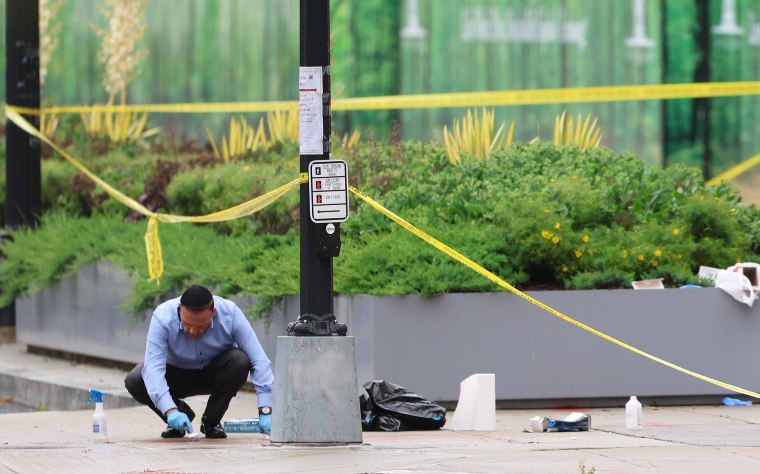
Interest in and demand for the program is high and spans the country. In 2024, DHS reported receiving 178 eligible applications from 47 U.S. states and territories requesting $98.9 million for $18 million in available grants. The money funds state and local programs designed to help identify people who are radicalizing and potentially violent. They included school-based threat assessment teams, mental health teams and programs designed to inoculate children against extremist messages on social media.
Specific examples are difficult to cite, in part because many cases are confidential, and in part because it’s difficult to draw a straight line between a government program and a thwarted attack. But DHS documents cite a 2022 case as an example of how they believe the program helped stop a school shooting.
After an outreach campaign at Palm Beach State College in Florida urging students to be vigilant about online threats of violence, a student anonymously reported to authorities about online posts threatening a mass shooting. Among the posts, according to court records, were threats to commit a “massacre,” and an inquiry, “who’s selling an AR-15?”
Authorities arrested and charged a young man, who ultimately was sentenced to probation and also was the subject of a risk protection order, records show.
“This is not the time to be ending that office,” said Cohen, the former senior DHS counterterrorism official. “This is the time to be expanding activities that are designed to detect emerging threats.”

